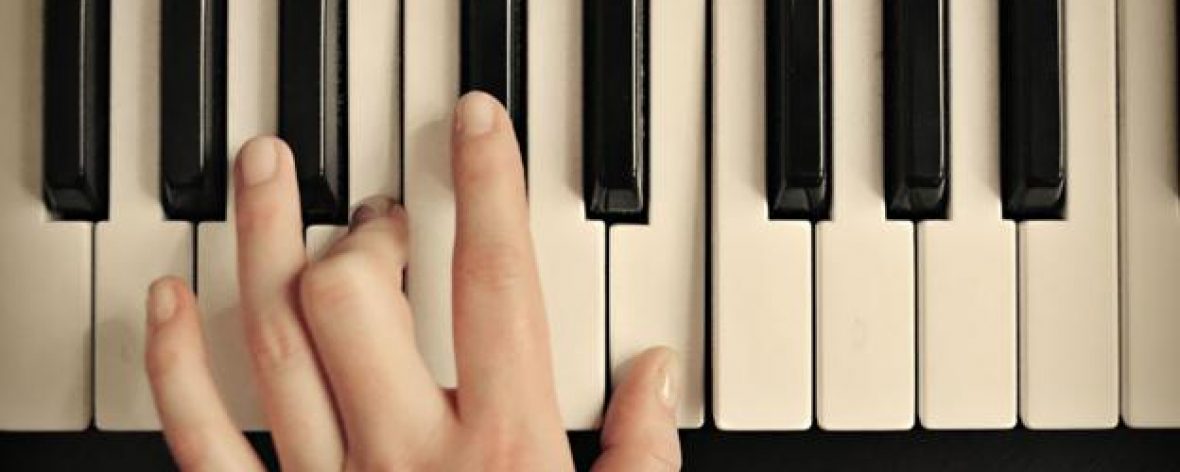
Where to look
A Google search will throw up a confusing array of links, to teachers’ personal websites, and listings sites such as EPTA, ISM, Music Teachers, Music Teacher Map, Pianist Profiles, and more. A personal recommendation is often the best: if you know people whose children are taking lessons in your neighbourhood, ask them. The school gate is often a great resource: the majority of my students have come to me through personal recommendation, and many of the parents know me personally through my son’s primary school. Good teachers can also often be identified at music festivals and other public music events, where you will also have a chance to hear their pupils playing.
What to look for
A good, professionally-minded teacher will always interview a prospective student and parent/s in advance. One-to-one piano lessons can be quite intimate and it is important that the student feels comfortable with the teacher, and vice versa. The teacher may also ask the prospective student to play, run through some technical exercises and do some aural or sight-reading tests.
The student interview is also an opportunity for the teacher to outline their terms and conditions, studio rules, fee structure, and any special practice requirements, and for student and parent to ask any questions before lessons commence.
A good teacher will usually have a room or studio where lessons take place. It may be part of the family home, or a separate studio. The minimum requirements are a good piano, upright or grand, an adjustable stool, a cloakroom, and space for students/parents to wait. The studio/teaching space should be well-ventilated, warm and comfortable.
Qualifications: a recognised diploma (performers’ and/or teachers’), or a degree in which piano playing and piano pedagogy formed a major component. Recognised diplomas include DipABRSM, LRSM, FRSM (Royal Schools of Music), ATCL, LTCL, FTCL (Trinity College of Music, London), LGSMD (Guildhall School of Music & Drama).
Experience and a professional outlook.
Evidence of continuing professional development (i.e. a teacher working towards higher diplomas or teacher qualifications, attending courses, masterclasses etc) and performing (house concerts, professional concerts, festivals, competitions etc).
Teachers should be able to
- convey their enthusiasm and passion for the music
- impart artistic sensibilities in their students
- encourage good practice habits
- instil sound technique
- develop reading, memory, listening and improvisation skills
- introduce students to a wide variety of musical styles, including duet and ensemble playing
- organise regular student concerts, and enter students for competitions and festivals
- organise “extra curricular” activities such as masterclasses, visits to concerts, houses with musical connections (e.g. Handel’s House, Finchcocks)
Documentation and Terms & Conditions
If the teacher has a personal website, their terms & conditions and studio rules should be stated clearly. The teacher should also issue a written contract, specifying:
- the number of lessons per term, and their length
- lesson fees and how they should be paid (I offer parents the option to pay by BACS transfer which is fast and efficient)
- the notice period for termination of contract
- the procedure regarding illness or cancelled or refunded lessons
- any other special terms and conditions
The teacher should provide a written progress report, either at the end of each term, or the end of the academic year. The teacher should also be willing and available to discuss a student’s progress verbally with the parent.
Resources:
European Piano Teachers’ Association (EPTA). The aims of EPTA are to promote excellence in piano teaching and performance, to bring teachers and performers together and to raise standards within the profession. Search for teachers who are EPTA members, and access other resources, such as information on courses, masterclasses, concerts and other events.
Incorporated Society of Musicians (ISM). The UK’s professional body for musicians.
MusicTeachers.co.uk Nationwide database of teachers, and resources for teachers, students and parents
Music Teacher Map – find a teacher in your area
Pianist Profiles – find pianists and piano teachers online

I think a piano teacher should also be confident with performing in public if expecting their students to do the same at exams, recitals etc. I have met so many piano teachers that are terrified of playing infront of students and their families at recitals.
LikeLike